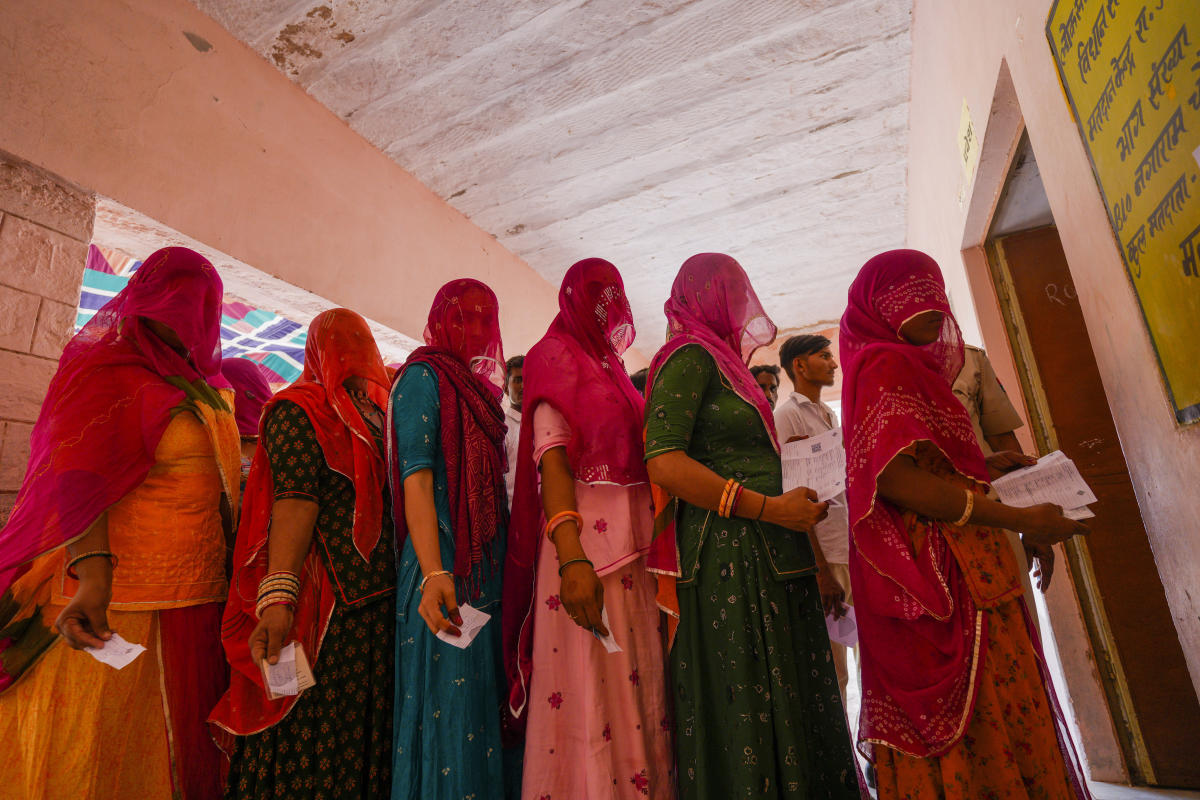When Joe Cheray wanted to escape the horrific abuse she suffered at the hands of a relative, she said she turned to church leaders for help. And then nothing happened.
Cheray’s abuser was heavily involved in and a large financial contributor to a church located in northeast Kansas. But behind closed doors, Cheray said he was her worst nightmare.
Cheray said she suffered everything from emotional abuse and molestation – which she said would sometimes occur even in the pews during church services – to physical and financial abuse from ages 10 to 15.
But when she went to church leaders for help on two separate occasions, she was ignored.
“They didn’t have to do anything because they weren’t mandated at that time to do anything,” Cheray said. “I felt hopeless.”
A Kansas bill, advocated for months by Cheray, would designate clergymen as mandated reporters, thereby requiring them to report suspected abuse. It includes an exception for penitential communication, or private conversations between a clergyman and a layman such as reconciliation.
Kansas lawmakers will consider approving the legislation following a hearing in the House Judiciary Committee on Wednesday.
When Cheray turned 15, she ran away from home. She rode her bicycle several miles to a nearby town. When she arrived, Cheray again called on her priest for comfort. She said the priest simply told her to go back home and “pray that things get better.”
“I’m angry at the church because they didn’t do anything,” she said. “I don’t know why the Catholic Church continues to turn a blind eye to this stuff.”
Cheray said the person who abused her never faced criminal charges and died about 15 years ago.
The bill comes a year after a Kansas Bureau of Investigation report revealed rampant clergy sexual abuse across the state. The report said it had identified 188 suspected offenders and 400 victims since 1950, but it did not name any of the accused clergy.
The measure has failed to become law four years in a row to become law despite receiving widespread bipartisan support. If the law is enacted, Kansas would join border states Colorado, Missouri, Nebraska and Oklahoma in requiring clergy to report abuse, joining the majority of states and U.S. territories.
Rep. Tobias Schlingensiepen, a Topeka Democrat who is a pastor, sponsored the legislation. He said the bill is meant to change the culture around sex abuse in religious institutions while putting in place policies that ensure churches are properly protecting children within their care.
Schlingensiepen, who preaches at First Congregational Church in Topeka, said that no religious figure should have any reason to object to the bill, which aims to protect the vulnerable.
“I see absolutely no good reason why any faith community of any faith would want to avoid taking responsibility where it’s necessary,” he said.
And some religious organizations, such as the Kansas Catholic Conference, do support the measure with the inclusion of an exception for privileged conversations such as confession.
Chuck Weber, the executive director of the Kansas Catholic Conference, said the Catholic Church already practices the requirements outlined in the bill.
“For at least two decades, members of the Catholic clergy in Kansas have been trained, and continue to be trained, to identify and report instances of sexual abuse as a condition of their employment,” Weber said.
“The mandated reporting elements like those contained in HB 2300 are already being practiced by members of the Kansas Catholic clergy, as well as other Catholic Church or school employees or volunteers who are in regular contact with children,” he said.
Sen. Tom Holland, a Baldwin City Democrat, spearheaded the legislation in previous years after hearing stories from his constituents about clergy abuse. He called the confession exception a “get out of jail free card,” but recognized it was necessary in order to get churches on board.
He said the bill guarantees another avenue to get help escaping abuse, especially since some children, such as homeschooled children, may not have the same access to other kinds of mandatory reporters.
“It’s a matter of having people finally get justice,” he said. “To me, there’s nothing more sickening than having a figurehead in a house of worship – who as a child your parents teach you from day one to trust and confide in – take that information and twist it to their own benefit when they feel they need to.”
In the bill’s fiscal note, the Kansas Department for Children and Family Services estimated the measure would increase the amount of reports filed to the Kansas Protection Report Center, and the Kansas Office of Judicial Administration estimated cases filed for child abuse or neglect would increase in district courts.
Most lawmakers contend the legislation is a large step in the right direction to combat abuse in the church. But David Clohessy, former national director of the Survivors Network of those Abused by Priests, said much more needs to be done, such as a complete revision of the state’s statute of limitations.
He said priests and other church officials enjoy too much power under current law, despite ample evidence they often abuse their privileges.
“It’s excessive and unhealthy, dangerous deference,” he said. “Catholics, citizens, law enforcement and lawmakers all consistently give clergy the benefit of the doubt, over and over and over again in everyday interactions and in the law. When they get too much power, like other human beings, some will abuse that.”
Some progress has already been made, however. Last year, the progression of this bill was stalled to ensure the enactment of a bill that made radical changes to the statute of limitations, extending the time frame to file civil and criminal cases in child sex crimes.
Sen. Cindy Holscher, an Overland Park Democrat, led the charge. She said requiring clergy to be mandated reporters is just another piece of the puzzle and a huge step to combating child sex abuse.
She said child predators often know churches are a place where there’s easy access to children.
“People who abuse children, particularly if it’s sexual abuse, we know generally they do not abuse just one child,” she said. “Typically they abuse several children. So this is important if there’s a case where a clergy needs to see something or hear something, that situation is recorded. We’re preventing additional abuse and additional victimization by closing this big gap.”
Holscher said the GOP flat tax bill, which failed, prevented her from doing further work revising the statute of limitations, but she plans to do more work next session.
Schlingensiepen acknowledged the bill may fail yet again to get through the Legislature, as it has for four years in a row. But he said that each year the bill is introduced, it gains positive exposure which he hopes will translate into support from Kansans.
He vowed to keep bringing the issue to the Legislature until it’s passed.
“If it fails this session, I’ll bring it back next session,” he said. “This isn’t going to go away.”

Amanda Smith is a dedicated U.S. correspondent with a passion for uncovering the stories that shape the nation. With a background in political science, she provides in-depth analysis and insightful commentary on domestic affairs, ensuring readers are well-informed about the latest developments across the United States.








